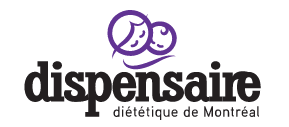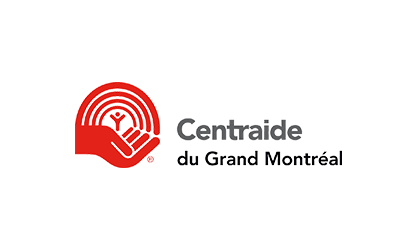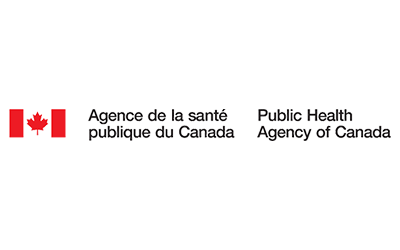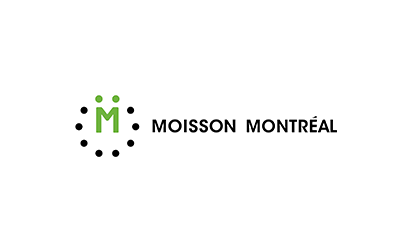First of all, breast milk can flow more slowly, thereby reducing the amount of milk consumed by the infant. Additionally, the quality of the baby’s sleep can be adversely affected.
However, there are no known major risk factors for the baby.
Alcohol decreases the letdown of milk. Additionally, milk production is slightly reduced in the first few hours following alcohol consumption. As a result, the amount of milk consumed by the baby is reduced by 20%.
It is therefore normal, in these circumstances, that the baby suckles more vigorously or that feedings become more frequent, as the infant is compensating for a reduced milk intake.
The flavor of milk can be altered by alcohol. Whether the baby suckles more or less does not necessarily indicate an appreciation for or dislike of its taste. As previously mentioned, the response relates to a decrease in both the letdown of milk and in milk production.
Alcohol can affect breastfeeding even if the mother has consumed as little as two alcoholic drinks. Note that 1 drink = 1 bottle of beer, 125 ml of wine, or 30 ml of liquor.
Alcohol intake also shortens the baby’s sleep cycle. While babies fall asleep more quickly after feeding, they awake earlier than babies who have not consumed breast milk containing alcohol.
In summary, if you must drink alcohol, limit your consumption to two drinks at most. It is better for the baby that you eat before drinking and wait 2 hours or more before breastfeeding, in order to ensure that the amount of alcohol in the milk has diminished sufficiently enough to minimize any adverse effects on the infant.






